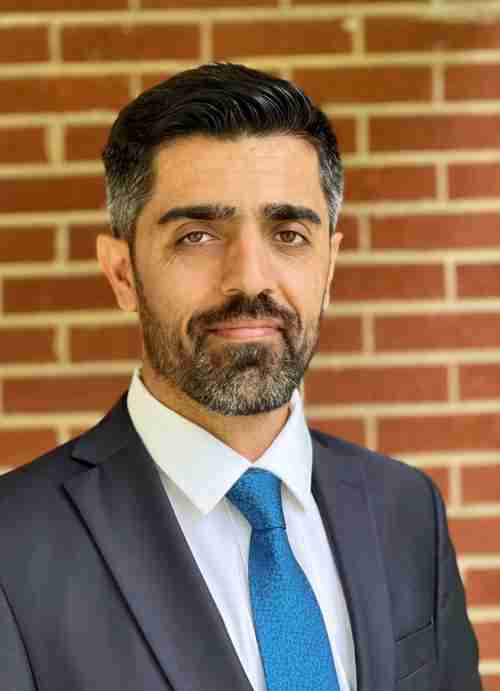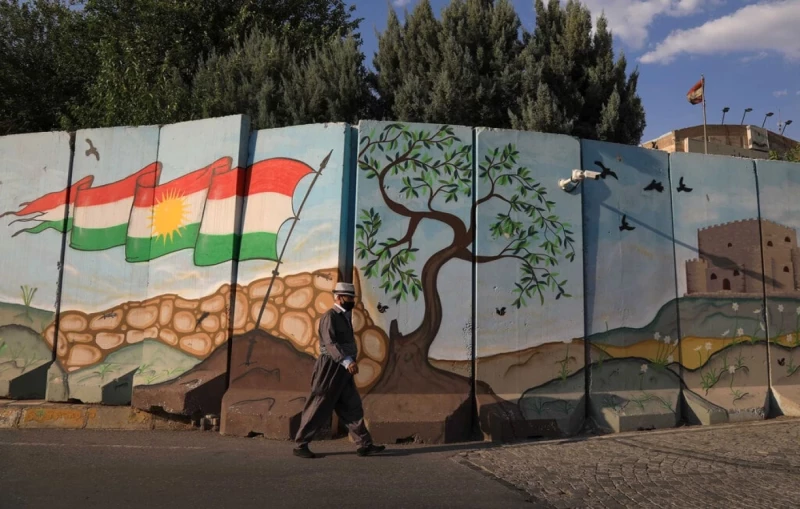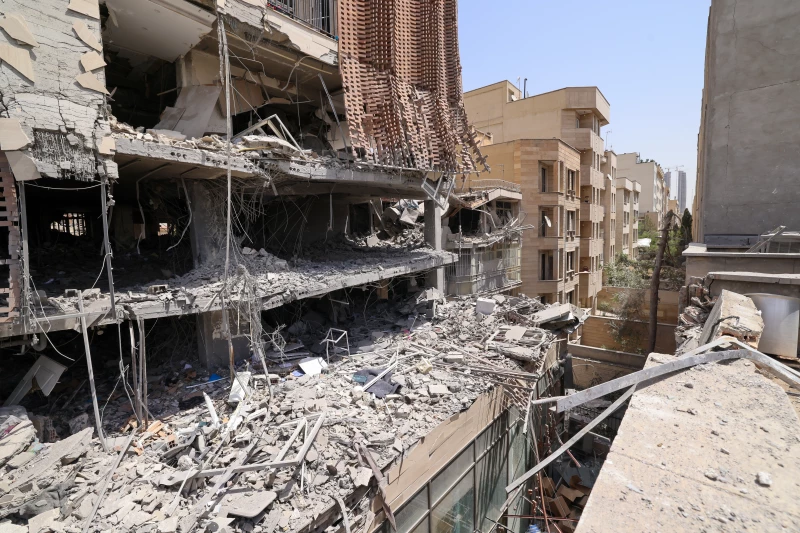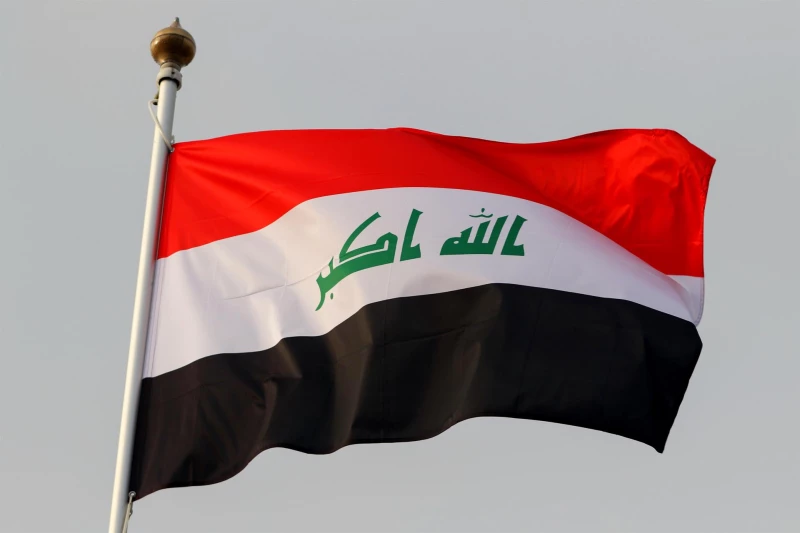Something unprecedented is unfolding in US-Kurdish relations, signaling a potential realignment that could reshape the Kurdistan Region’s standing in both Washington and the wider region. The clearest sign came during the recent visit by Kurdistan Region Prime Minister Masrour Barzani to Washington, where two major natural gas deals—worth a combined $110 billion—were signed with US energy companies WesternZagros and HKN Energy. In a striking break from decades of cautious US policy on Kurdish autonomy, the State Department on May 20 issued a statement of unequivocal support, describing the contracts as beneficial for all Iraqis. Just two days later, US Secretary of Energy Chris Wright reinforced that message, saying, “We are very keen to work with and support the people of the Kurdistan Region to turn their endowments underground into resources.”
This marks a decisive departure from how Washington handled such matters in the past. In the mid to late 2000s, when the Kurdistan Regional Government (KRG) first began developing its energy infrastructure, both the Bush and Obama administrations opposed Kurdish efforts to sign independent contracts with foreign firms. After the KRG struck a deal with Texas-based Hunt Oil in 2007, Assistant Secretary of State for Legislative Affairs, Jeffrey T. Bergner sent a stern message to Congress warning that such deals would “needlessly elevate tensions” with Baghdad and contradict US policy, which favored centralized approval of all Iraqi energy contracts.
To be fair, recent administrations, particularly under President Biden, have become more accepting of the KRG’s energy sector, mainly in defense of existing US company contracts. But the current moment is different. Rather than merely defending legacy investments, the second Trump administration is actively encouraging new deals—and endorsing them publicly. The shift is not just about Kurdistan; it reflects a deeper reorientation in US foreign policy that places commerce and a reluctance for military intervention and nation-building at its core. Though the latter elements of this Trumpian foreign policy outlook might relatively disadvantage the Kurds— given their reliance on the US as their main security guarantor— the commerce-oriented approach opens new space for the KRG to be valued not just as a partner in counterterrorism or a bulwark against Iran, but as a long-term economic and energy partner.
This commercial-centric worldview allows Kurdistan to be appreciated for what it has, not just whom it fights. It creates a broader foundation for bilateral relations that could prove more durable and impactful than past cooperation tied narrowly to security crises like the fight against Saddam, the Islamic State (ISIS), or geopolitical rivalries with Iran. To be sure, this does not replace Kurdistan’s strategic value on the regional security front—rather it adds a new layer of shared interest that is potentially more resilient and mutually beneficial.
Further underscoring this emerging shift was a remark by US Secretary of State Marco Rubio during a congressional hearing on May 21, when he declared: “The linchpin of our approach towards Iraq is that autonomy that the Kurdish population has in that part of the country.” For the first time, a senior US official framed the US-Iraq relationship through the lens of Kurdish autonomy—not the other way around. Until now, Washington’s “one Iraq” policy always subordinated US-Kurdish relations to the broader US-Baghdad framework. While a subsequent State Department statement after Barzani’s meeting with Rubio attempted to soften the phrasing—calling the Kurdistan Region merely “a foundational pillar” of the US relationship with Iraq—the rhetorical and substantial shift had already landed.
For Kurdistan, the new US attitude is not a wholesale shift—but a significant change in degree and emphasis, pushing the envelope of what’s possible in bilateral relations. There is now a unique opportunity to deepen ties with Washington, expand influence, and elevate the Kurdistan Region’s standing across the Middle East. But whether that opportunity can be sustained—and translated into meaningful policy across time—remains an open question. The strategic Kurdish ambition in Iraq is a confederal arrangement with the rest of Iraq or outright independence. The US appears closer to supporting the former in a de facto sense—but certainly not the latter, at least not yet.
Domestically, the new US-Kurdish energy alignment also signals a political shift. Notably, the gas fields covered in the recent deals lie in areas under the de facto control of the Patriotic Union of Kurdistan (PUK), the junior partner in KRG’s governor coalition. That both the PUK and the Kurdistan Democratic Party (KDP), the major governing party, appear aligned in pursuing energy diplomacy with Washington marks a significant change. Just a few years ago, PUK leaders resisted developing these gas resources, likely under pressure from Iran and Baghdad. Today, those restraints seem to have eased—partly due to Iran’s weakened regional posture following the October 2023 Hamas-Israel war and Israel’s forceful response, which exposed the vulnerabilities of Tehran’s regional axis.
This shift has given the Kurds more room to maneuver—though they’re still treading carefully. Official KRG statements have emphasized that the gas deals are part of a broader Iraq-wide goal of achieving energy self-sufficiency and boosting national economic development. That cautious framing reflects an underlying concern about the consistency of US foreign policy, particularly from administration to administration.
The memory of 2017 still looms large. When Baghdad—with Tehran’s support—launched a military and economic assault on Kurdistan in response to the independence referendum, Washington stood by and did nothing. More recently, the Kurdish region has endured repeated missile and drone attacks from Iran and its Iraqi proxies, with the US offering little more than rhetorical condemnation. Ironically, one of the very reasons for those attacks—Kurdistan’s insistence on maintaining close ties with Washington and hosting US forces—has not been adequately acknowledged or reciprocated in terms of security guarantees.
That history weighs heavily on Kurdish policymakers today. They are right to ask: if push comes to shove, and Baghdad—with Tehran’s backing—moves again to suppress Kurdish autonomy (especially if Iran reaches a new nuclear agreement with the Trump administration that relieves US pressure on it), would Washington step in? Not necessarily militarily, but through economic or diplomatic pressure? The US has significant leverage—Baghdad’s entire economy depends on dollar flows from the Federal Reserve Bank of New York. But whether Washington would use that leverage to protect the Kurds remains unclear.
President Trump’s recent remarks in the Gulf, where he openly signaled a lack of appetite for new Middle East entanglements, add to the uncertainty. So do comments by US Ambassador to Ankara and Syria Envoy Tom Barrack on May 25, which reaffirmed the administration’s aversion to direct involvement in regional crises.
The Kurds are under no illusion about their geopolitical reality. They are among the most exposed political actors in the Middle East—caught between rival powers, without statehood, and dependent on the goodwill of others. This makes the emerging US posture all the more important. It is not a guarantee, but it is an opening. Whether it proves durable will depend as much on how the KRG navigates this moment as it does on how Washington chooses to define its interests—and its loyalties—in the region.
The views expressed in this article are those of the writer and do not necessarily represent the position of The New Region

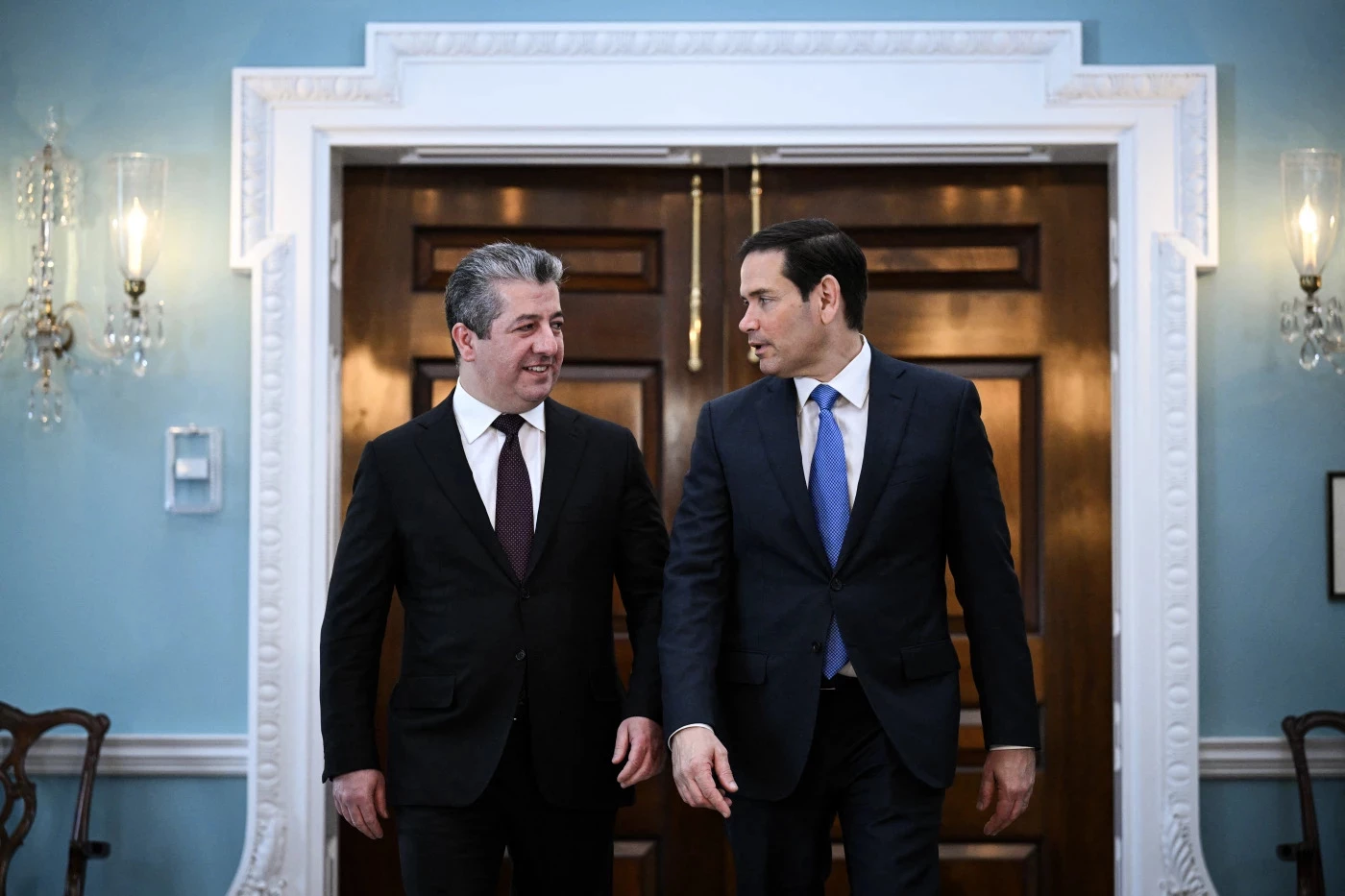
 Facebook
Facebook
 LinkedIn
LinkedIn
 Telegram
Telegram
 X
X
